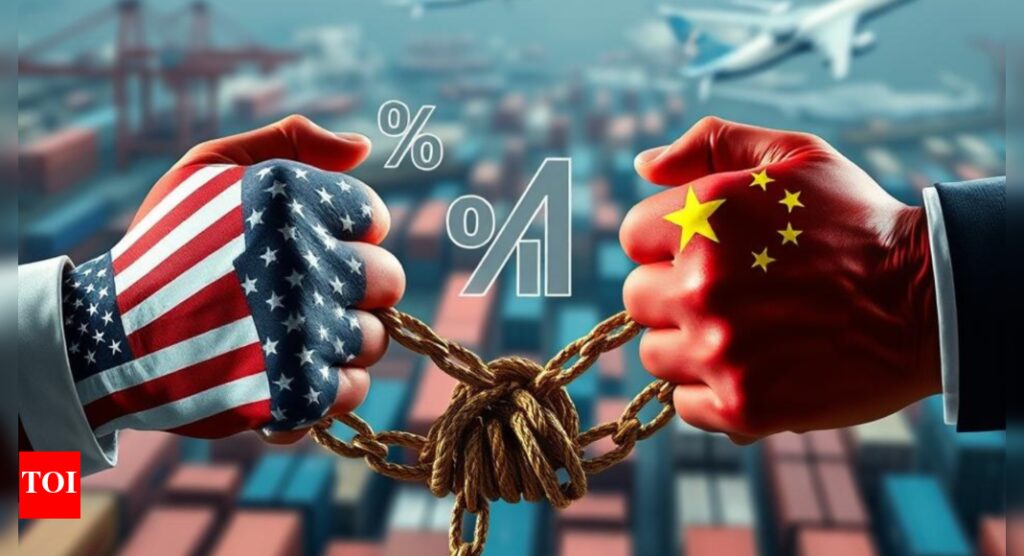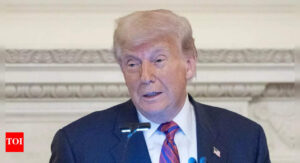Beijing has ‘sufficient reserve of policy tools’: Chinese Premier Li Qiang over Trump’s tariff war

China’s second-highest leader Li Qiang said on Tuesday that the country has the necessary tools to handle economic challenges, following widespread tariffs imposed by the United States, China’s main trading partner.
“China’s macroeconomic policy this year takes full account of various uncertainties and has a sufficient reserve of policy tools,” Premier Li Qiang told European Commission president Ursula von der Leyen during a phone call, according to Chinese state news agency Xinhua. “China can fully hedge against adverse external effects, and is fully confident of maintaining sustained and healthy economic development.”
The comments were made during a phone call on Tuesday, in which both sides discussed ways to bring “stability and predictability” to the global economy after the disruption caused by US tariffs.
“The resolute measures taken by China are not only to safeguard its own sovereignty, security and development interests, but also to defend international trade rules and international fairness and justice,” Li told von der Leyen, according to a Chinese summary of the call.
This was their first call since von der Leyen began her second term in office in December. It was also the first high-level contact between the two sides since US President Donald Trump introduced global tariffs, to which China reacted strongly. The European Union is still preparing a response.
The EU raised trade concerns with China, but the wording of the summary indicated that the bloc was seeking to improve relations with Beijing, which have worsened in recent years, South China Morning Post reported..
As both sides face pressure from US trade actions and deal with weak economic conditions, some observers believe it makes sense to try and improve ties, although European governments remain concerned about China’s economic policies.
While China has responded to US tariffs, the EU is still working on its approach. EU members will vote on Wednesday on possible measures against US tariffs on steel and aluminium. A response to the “reciprocal tariffs” and car duties is expected next week.
At the same time, Brussels is cautious about being caught in the middle of a conflict between major powers. Von der Leyen “called for a negotiated resolution to the current situation, emphasising the need to avoid further escalation,” said a readout of the call issued by Brussels.
Trump has upended the world economy with sweeping tariffs that have raised the spectre of an international recession, ruling out any pause in his aggressive trade policy despite a dramatic market sell-off.
Beijing — Washington’s major economic rival but also a key trading partner — responded by announcing its own 34 percent duties on US goods to come into effect on Thursday, deepening a showdown between the world’s two largest economies.








